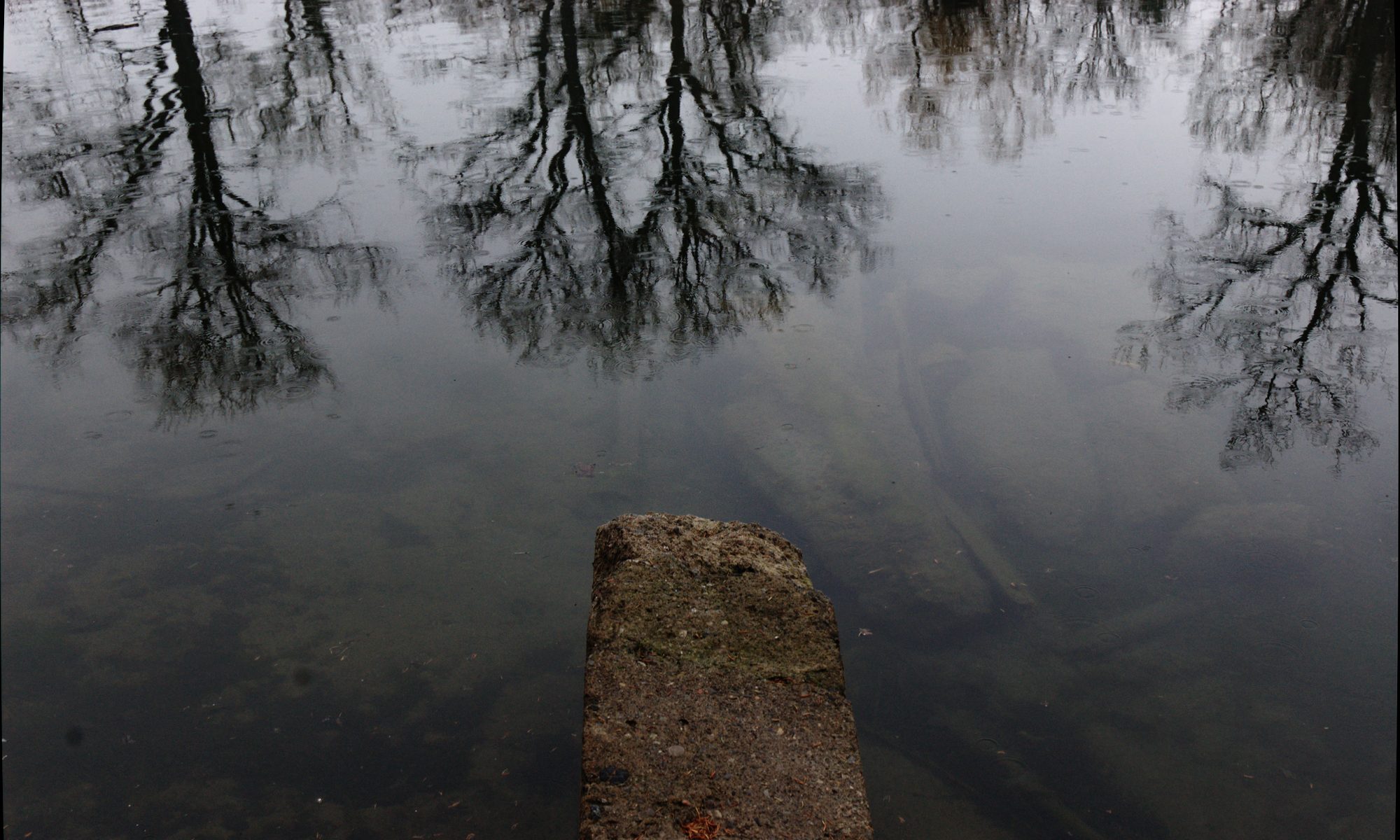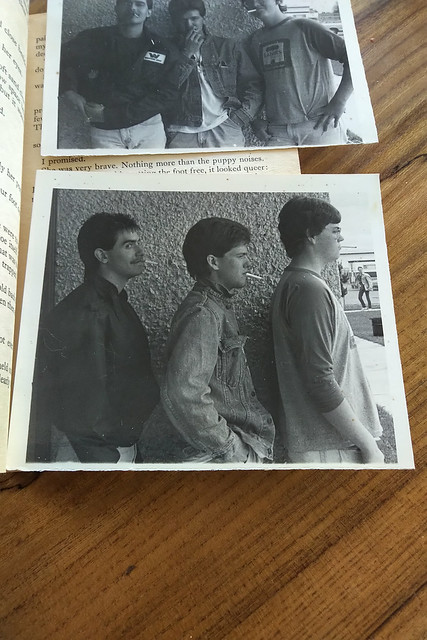Like most people, I have been dealing with the lockdown in waves. Sometimes my mindset is functional — I can don my mask and walk to my office through empty streets, work with clients via videoconferencing, and come home. Repeat and rinse. Other times my mindset is quasi-functional — I find myself forgetting to follow the arrows taped to the floor of the grocery store, find myself asking myself how long I can go on with the current lockdown conditions. This isn’t helped that one of my parents had to go in for surgery to remove a tumour recently. Talk about helpless. Like anyone else, I’m not immune to situational depression and anxiety — and there are plenty of reasons for us to feel this way, given the unprecedented situation we are in.
One thing in particular I’ve noticed is how I’m getting hung up on correspondences, especially (though not exclusively) with retailers I’m purchasing items from. Over the course of the last 40+ days I’ve had to order various things by phone or email for delivery or curbside pickup: a new pair of jeans, DVD rentals, cans of cat food. And with each inquiry I find myself anticipating their response, going so far as to reserve space in my head for the response, looking forward to it when it comes. I’m not sure what this is about, however I think there’s something significant about the word anticipation in this context.
Anticipation as in looking forward to something sure, that tomorrow holds something firm for me, even if it’s a denim retailer in Vancouver confirming that, no, the jeans I ordered don’t require hemming because the inseam is an acceptable length. Quotidian things that, six thousand years ago, back in February, would’ve been quaint, if routine, correspondences.
The technicolor truth is that we are all living our lives without knowing what each subsequent week is going to look like — and I’m not even talking about geopolitical events, I’m talking about these quotidian things: when will the gardening centres be re-opened so we can pick up soil in order to plant basil seedlings, when will I be able to speak with people again without wearing a mask and standing 2m away? When will I be able to walk into a coffee shop and sit at a table, when will I be able to give a friend a hug. Receive a hug. Talking, touching, lingering. Unguarded.
So, when I get that email from the retailer in Vancouver, a little bit of normalcy has been temporarily restored, and I feel rejuvenated: we’re going to get through this shit, everyone. But then the opposite happens: a place I’ve done tonnes of business with is offering curbside pickup — just contact us on Facebook! And I do, and there is some preliminary back-and-forth…and then nothing. I nudge, reminding them that I’m waiting to hear back from them. Nothing. I nudge again. Nothing. Two weeks pass. I leave a message on their business phone…nothing. All the while, the Facebook group for the store is updated with thanks for all those people putting in orders. And I want to punch a hole in the wall, because this very simple, straight-forward thing that I was looking forward to has — for entirely unknown reasons — been thwarted. And on bad days the little paranoid voice in the back of my head is wondering whether I’m being snubbed for some reason, which — believe me — is the last thing you want to have nagging you during a global pandemic whose key feature is self-isolation, while you’re waiting to hear about your parent’s cancer surgery.
I think we all, to varying degrees, want or need to know what’s coming around the corner, and the current situation has made that opaque. Amidst the not-knowing we are party to a lot of speculation through ill-informed social media posts and the spectacular mismanagement happening across the border in the US, and to a slightly lesser degree in the UK. We look for signs of normalcy, of hope (though I am suspicious of how much weight Western society puts on hope) around us. But it’s a tremulous state of normalcy, and so no wonder part of me gets upset that the sole proprietor of a particular store, for whatever reason (mistake, coincidence, “new normal”), isn’t returning my inquiries — just as I feel rewarded from those who make their best attempts to get in touch so to does the opaqueness of silence reinforce the dark, seemingly interminable bullshit we are living through.
This isn’t normal, I remind myself. People are trying, I remind myself. Yet, still, there is this forward-looking part of me, wanting seemingly superficial reassurances which — if I’m honest — isn’t superficial, but practical (if only to help me get through to the next week).







